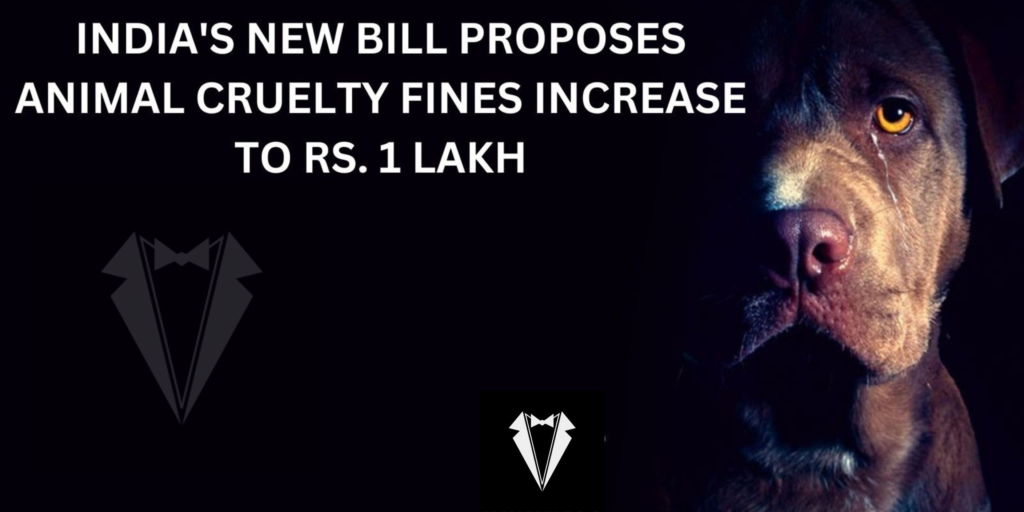
In New Delhi, the Supreme Court issued a notice on Friday to the Telangana government and the state Chief Minister A Revanth Reddy regarding a plea to relocate the trial for the 2015 cash-for-votes case involving the Congress leader and others. The bench, comprising Justices B R Gavai and Sandeep Mehta, has given a four-week deadline for a response to the plea filed by GuntaKandla Jagadish Reddy and three others.
The plea argues that transferring the case from Hyderabad to Bhopal, Madhya Pradesh, is crucial to ensure a fair trial. It asserts that Reddy, the main accused in the 2015 case, now holds the position of Chief and Home Minister for the State of Telangana, with 88 pending criminal cases against him. The plea contends that when the accused exercises direct control over the prosecution, the possibility of a fair trial, a fundamental aspect of Article 21 of the Constitution, is compromised.
Highlighting concerns about judicial fairness and the criminal justice system, the plea warns that if the trial continues in Hyderabad, the rule of law would be compromised, and public confidence in the justice system would be at stake. The two cases subject to the transfer request are titled “Telangana through Addl. Superintendent of Police Vs A Revanth Reddy & Ors” and “Telangana through Addl Superintendent of Police Vs Sandra Venkata Veeraiah,” both pending trial before a special judge in Telangana.
The plea alleges that Reddy, a former member of the Telugu Desam Party, offered a bribe of Rs 50 Lakhs as directed by his former boss Nara Chandra Babu Naidu (former Chief Minister of Andhra Pradesh) to Elvis Stephenson, the de facto complainant, to influence his vote during the biennial election on 01.06.2015 or to vote in favor of the TDP party.



